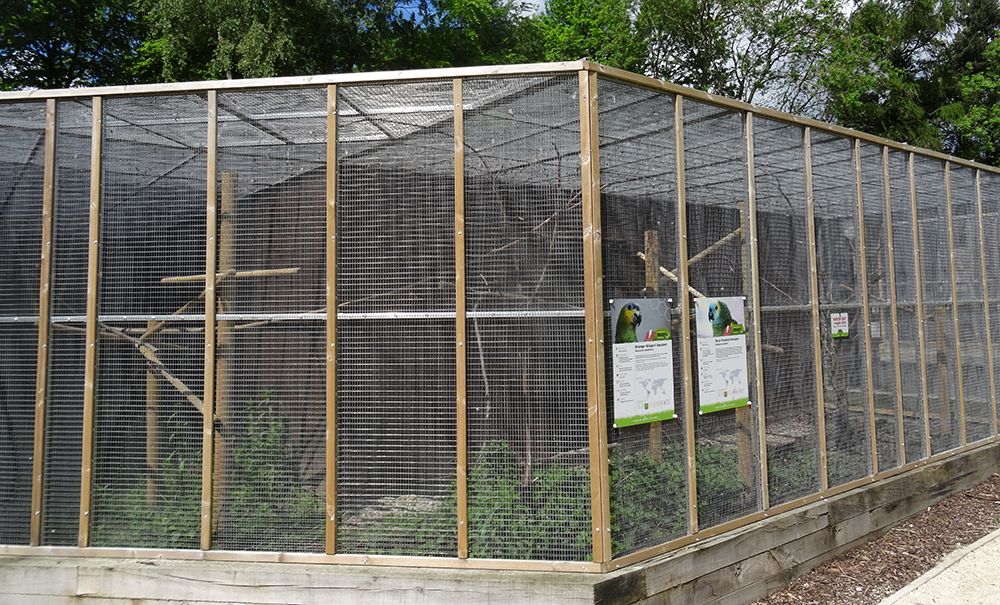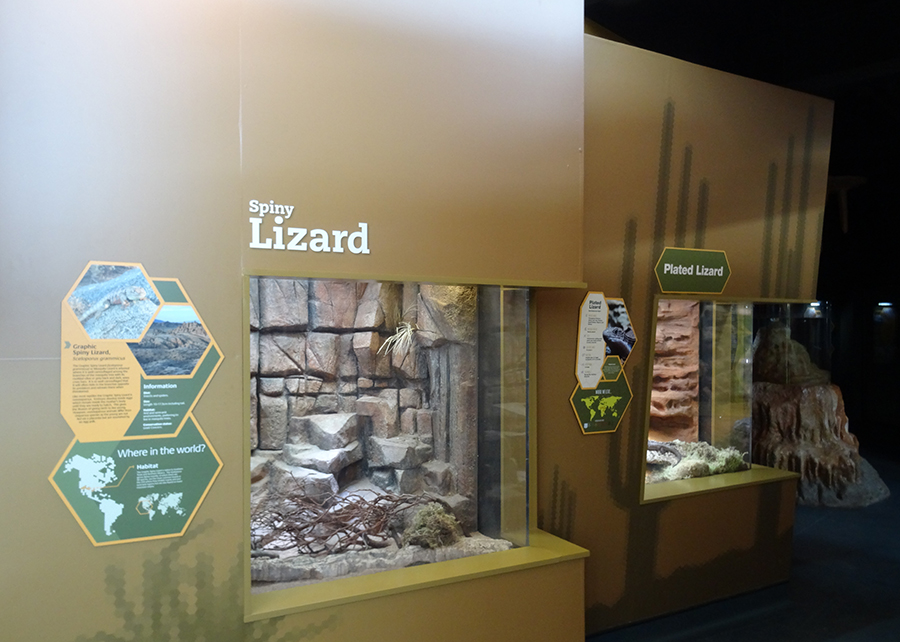Children today have a different outlook, expectations and lived experience than when I grew up through the 1960s and 70s. In some ways it was simpler – no mobile phones, computers or social media for a start, let alone just 3 TV channels – and even then not available 24 hours a day. However, I also remember the 70s oil crisis and ‘rationing’ of power, rise and fall of governments (although nothing like the political mess we have today), strikes and inflation.
It is too easy in a world of constant news and social media to dwell on the bad things, as much as they are of serious concern, thankfully nature is still all around us. Despite some serious issues with exploitation of natural resources, climate change and human population growth, children (and all of us) can still enjoy the wonder of a dandelion, a tree, wildflowers, a blackbird, frogspawn and much more.
Jimmy’s Farm and Wildlife Park [JWFP], Ipswich, Suffolk, offers engagement with life from farm, local and international species as well as opportunity to consider our relationship with nature. Farming with rare breeds and traditional methods reconnects people to where their food comes from and how careful stewardship of the land supports future generations and continuation of nature.
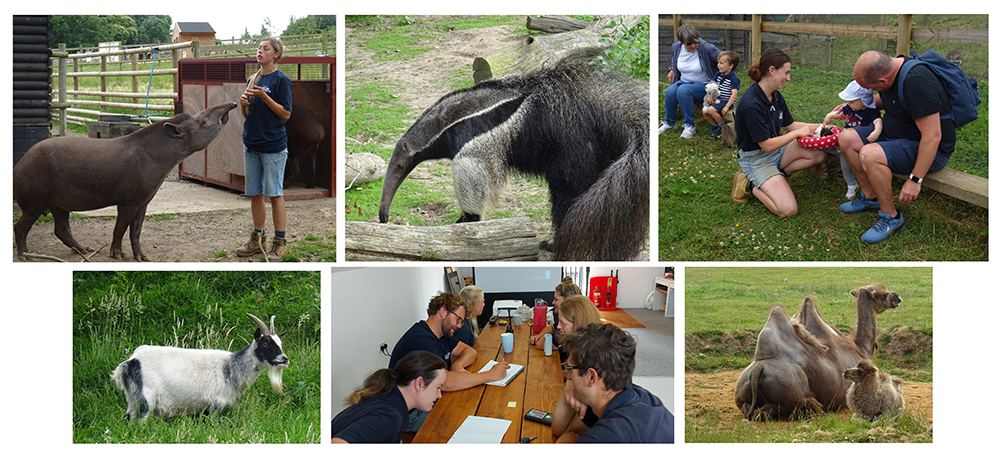
Working with the team at JFWP we have created a new ‘Share the Good Life’ Discovery & Learning programme offering a diversity of workshops for all ages and abilities. Using the unique resources of the Park – primarily the animal collection and skilled team of staff – the programme enables groups to have a focused visit, supporting learning needs, but also encouraging enjoyment and experience of nature.
Jimmy’s Farm and Wildlife Park also has daily talks and activities for visitors and it was wonderful to provide enhanced presentation and communication training for the team over a week spent at the Park. Being a farm park and wildlife centre means the range of species and stories for public engagement is diverse, from rare breed sheep and goats to butterflies and lemurs. The connection between all is inspiring and exciting people about nature and our relationship with life on earth.
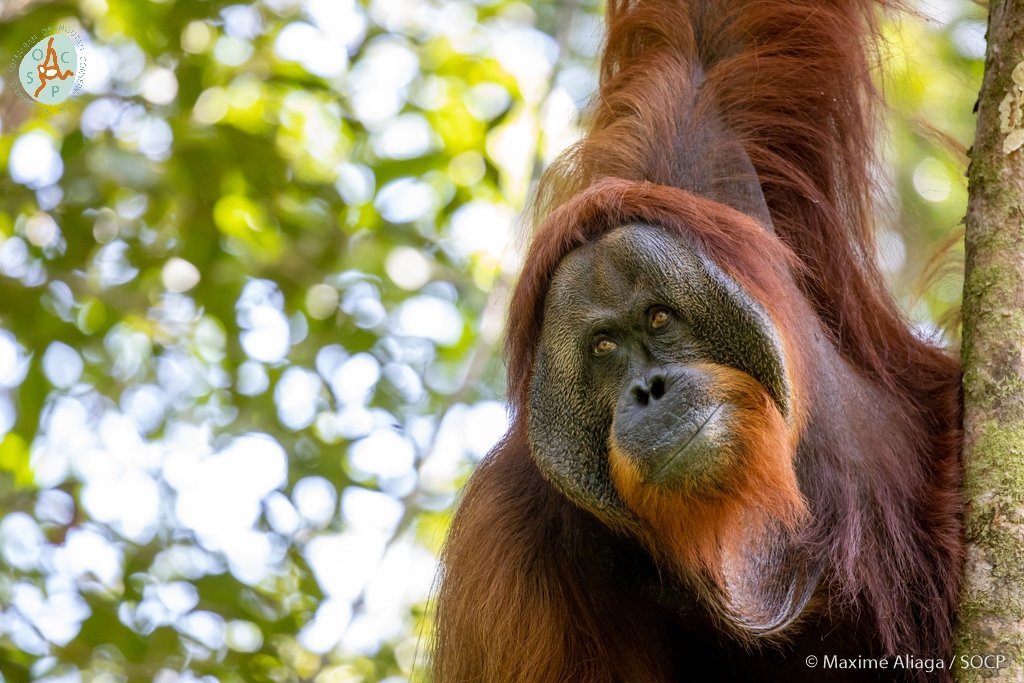
On the other side of the world in Sumatra, Indonesia, an amazing new facility, Orangutan Haven, is nearing completion. The Sumatran Orangutan Conservation Programme [SOCP] with partners Yayasan Ekosistem Lestari [YEL] and PanEco funding have created a fantastic home for a number of orangutans that cannot be returned to the wild due to the injuries and trauma they have suffered. See sumatranorangutan.org
Orangutan Haven provides a wonderful unique opportunity for public engagement and education and a window into the wider work of SOCP. The 48 hectare site in the forest but not far from the city of Medan, includes island habitats for the orangutans, some aviaries, an eco-farm and visitor facilities. I have helped them to create an education masterplan and supported the training and development of staff. The Haven will attract a diverse audience, but importantly this includes local rural and urban, subsistence and business, school and family, as well as some international visitors.
We talk a lot about behaviour change and conservation, especially in ‘western’ zoos’ programmes, and this is good but sometimes abstract. However, what makes the work of Orangutan Haven so exciting is that this is aiming to address things there ‘on the ground’ in the home habitat of the focus species with consideration to the actual needs and day to day lives of the local people and the big picture of forest conservation.
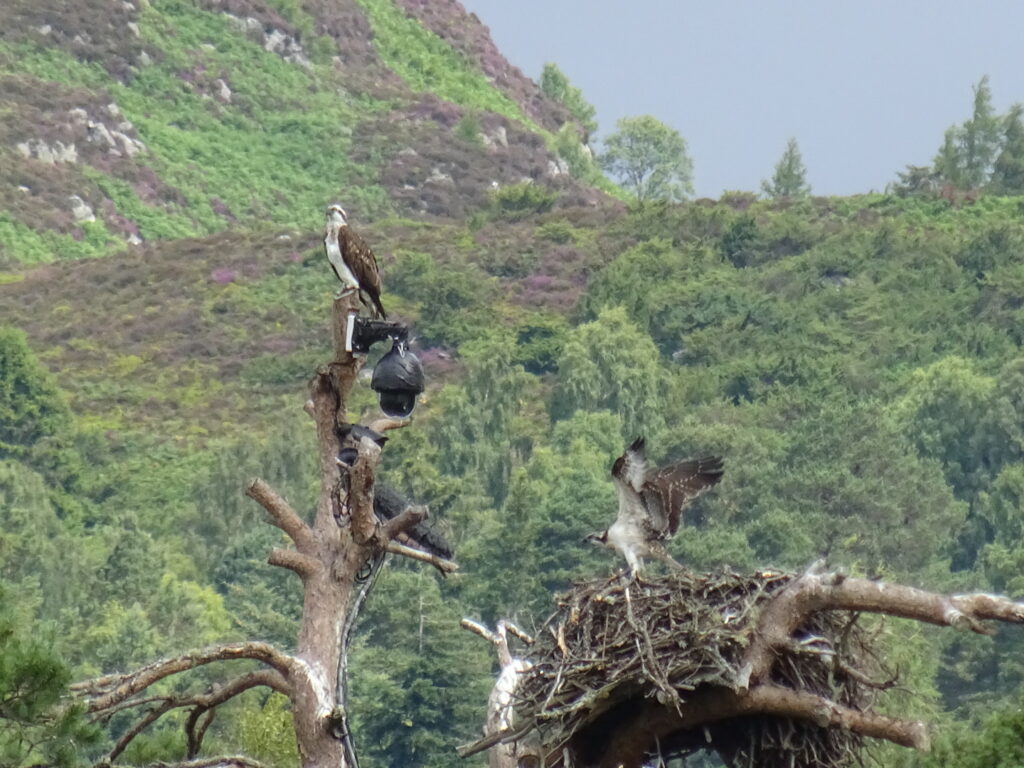
Back home in the UK, I was lucky to see the fledging of one of the osprey chicks at Loch of the Lowes this year and its been another great summer walking the hills, woods and coast. However, the summer has seen record temperatures and perhaps at last recognition that climate change is happening and could have serious implications. The risk of wild fires is high and made worse by the trend for disposable bbqs and at the same time, whilst its great people are getting out into the countryside, responsible use of and access to the outdoors is something people need reminding of or educating about.
As a Trustee of the Perth and Kinross Countryside Trust it has been very encouraging to see our new Discovery, Learning and Engagement activities get underway after funding from the Gannochy Trust and support funds from Forteviot Trust. From youth engagement activity to a free nature discovery pop up in Perth.
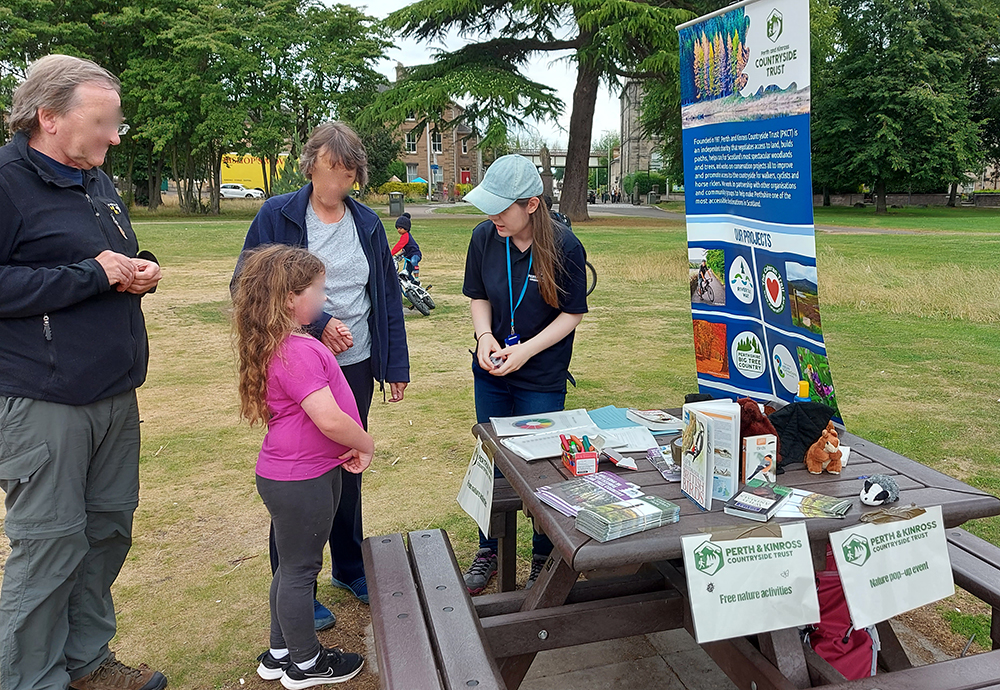
It would be great if the wonder and enjoyment of nature as seen by a child can be nurtured and retained through teenage years and adulthood, building a positive relationship with the world around us.

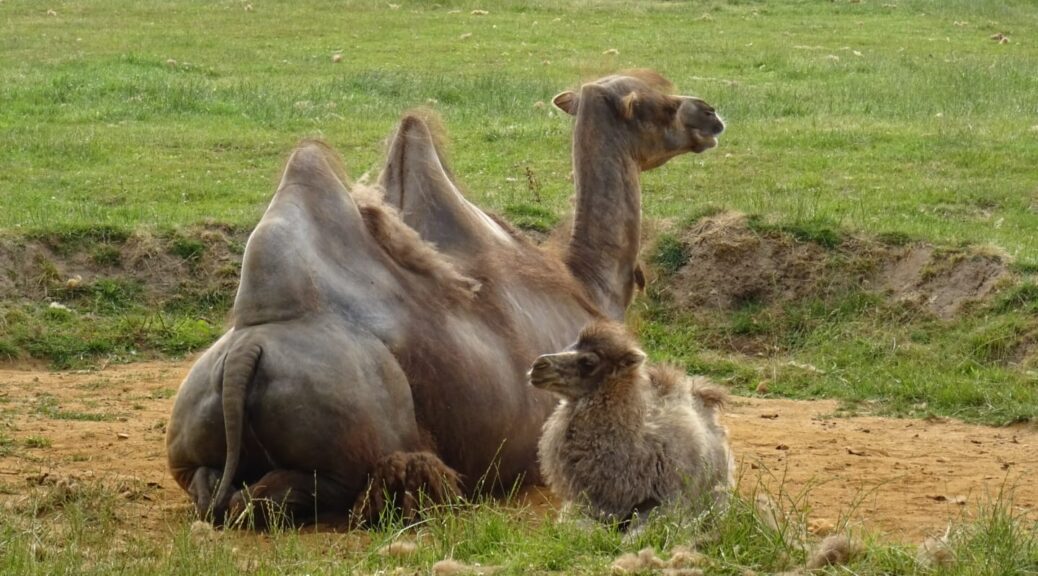
 It was great to meet over 50 of the students this week and provide an insight for them into the world of work with a careers workshop. The session was designed to give them an introduction to the jobs and career paths available in the zoo and wildlife sector, and with particular emphasis on the process, from job advert to CV and interview.
It was great to meet over 50 of the students this week and provide an insight for them into the world of work with a careers workshop. The session was designed to give them an introduction to the jobs and career paths available in the zoo and wildlife sector, and with particular emphasis on the process, from job advert to CV and interview.